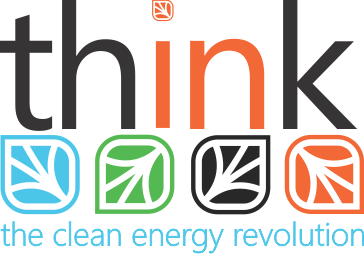What is the carbon tax?
The carbon tax is a tax that will be applied at the provincial level beginning in 2017 as a way to reduce greenhouse gases. The tax will apply to all combustible fuels, and will impact both home and business owners. The tax revenue will be neutral, meaning that all of the money raised will be rebated to Albertans or reinvested into the economy.
The goal of the tax is to promote a healthier environment by reducing air pollutants, reduce climate-changing greenhouse gas emissions, and creating greater market access to Alberta’s energy products by reducing their impact on the environment.
What will it cost?
While the specific rates will depend on the type of fuel, they are set on the basis of $20/tonne of CO2 emissions produced. This rate is set to rise to $30/tonne of CO2 emissions in 2018. By 2022, the federal government will require all provinces to have a carbon tax of $50/tonne.
Here's what this will look like for specific fuel types:
| Fuel Type | 2017 Tax Rate | 2018 Tax Rate |
| Diesel | 5.35¢/L | 8.03¢/L |
| Gasoline | 4.49¢/L | 6.73¢/L |
| Natural Gas | $1.011/GJ | $1.517/GJ |
| Propane | 3.08¢/L | 4.62¢/L |
In short, you're going to see an increase on your residential and commercial energy bills, as well as when you fill up at the pumps.
The provincial government estimates that the average household can expect to pay an extra $190-$360 annually in energy and fuel costs depending on the size of the household. In 2018, the average household can expect to see these numbers increase to $290-$510.
The government also estimates that 60% of Alberta families will receive 100% of the tax rebated back to them, and another 6% of families will received a partial rebate. The rebate is based strictly on income rather than energy consumption and will be used as a way to provide incentives for Albertans to reduce their energy use.
How can you save?
Even small changes can make a huge impact in the long run. Here are a few ways that both homeowners and business owners can avoid getting hit with a huge increase on their energy bills.
As a homeowner:
- Look at replacing your furnace, especially if it's an older model. Residential heating and cooling technologies have been developing to become more and more efficient, especially over the last few years. Replace your furnace now and avoid taking a hit on your energy bill.
- Upgrade to a programmable thermostat, or set your home’s temperature to 16 Celsius when you leave the house or go to bed.
- Consider using alternative energy sources to provide heat and electricity to your home. Today, solar and geothermal technologies are more accessible than ever. Use them in conjunction with or in replacement of traditional energy or electricity sources and notice a savings on your energy bill.
- Switch to energy-efficient LED light bulbs
- Turn out the lights when you leave a room
As a business owner:
- Are you still using incandescent or fluorescent lighting? Switch to LED lighting and save money. We can even help your building make the switch!
- Turn out the lights at the end of the day, or consider installing occupancy sensors that switch the lights on and off automatically.
- Check out our energy auditing service. We can look at everything from the way your building was constructed to the amount of heat and electricity you are using and provide recommendations on how you can reduce the amount of energy you use and save money in the long run.
- Alternative energies are not just for houses! We have worked on several projects where geothermal or solar heating are used in a commercial setting. If you are building a new structure or are considering upgrading your existing HVAC systems, ask us about clean energy solutions!
- Upgrade to a programmable thermostat or lower the temperature to 16 Celsius when heading home for the day.
Want to learn more about ways to improve your home or office's energy efficiency? Contact us today!
Resources
